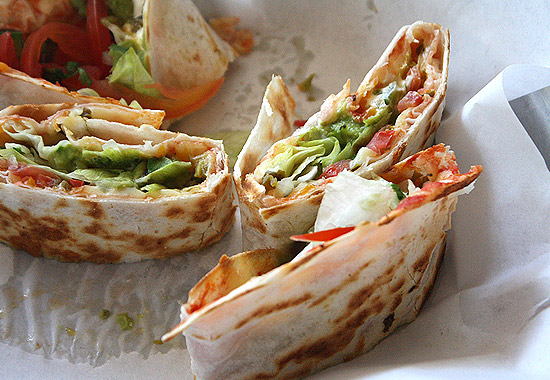

Review of Economic Studies, Oxford University Press, vol.

" Beyond Icebergs: Towards a Theory of Biased Globalization," " On the Size Distribution of Business Firms,"īell Journal of Economics, The RAND Corporation, vol. repec:hrv:faseco:30747162 is not listed on IDEAS.


" An Empirical Test of Taste-based Discrimination Changes in Ethnic Preferences and their Effect on Admissions to the NYSE during World War I,"ġ4003, National Bureau of Economic Research, Inc.
#Freedom fries plus#
" Je t'aime, moi non plus : Bilateral Opinions and International Trade," Anne-Célia Disdier & Thierry Mayer, 2006." Je t'aime, moi non plus : Bilateral opinions and international trade," Anne-Célia Disdier & Thierry Mayer, 2007." Je t'aime, moi non plus: Bilateral opinions and international trade,"ġ96, Centro Studi Luca d'Agliano, University of Milano. Anne-Celia Disdier & Thierry Mayer, 2004.Taken together, our findings suggest that competition cannot eliminate the effect of attitudes on firms' choice of inputs. We also find that the decline in trade was accompanied by a similar drop in both business trips and tourist visitations of US residents to France compared to Western Europe. This decline was due in large part to a fall in France's share of the quantity of inputs traded between the Eurozone and the US this decline is significant even after we control for changes in the product composition of trade flows. Using data from 1999-2005, we find that the worsening relations reduced US imports from France by about 15 percent and US exports to France by about 8 percent, compared to other Eurozone or OECD countries. Very negative attitudes towards France became common even among college educated Americans with high levels of income, so they were likely prevalent among managers. Send a photo of your potato diorama to and we will post it in an album on the National Archives Facebook page.Īll submissions will be entered into a drawing.Do firms choose inputs that minimize their cost of production, ignoring the attitudes of their owners and employees? We examine this question using an episode of worsening relations between the US and France: from February 2002 to March 2003, France's favourability rating in US public opinion polls fell from 83 percent to 35 percent.
#Freedom fries free#
The National Archives Experience is sponsoring an activity from July 11 to July 31 in conjunction with our new exhibition, “What’s Cooking, Uncle Sam?” Inspired by this World War I display, we invite you to create your own “potatriot” diorama! You can draw inspiration from any historical event of your choosing-feel free to be as creative as possible! (In fact, a column in a 1918 issue of Cosmopolitan magazine encouraged citizens to conserve food and “Stop Eating Soldiers!”) This World War I store window display showed potatoes dressed as soldiers, encouraging both children and adults to remember the fighting men overseas. citizens were encouraged to eat more potatoes while wheat was being sent to the soldiers overseas. These Iowa spuds were decades ahead of the “Freedom Fries” idea! To help the war effort during First World War, U.S. (National Archives at Kansas City, ARC 283501). Potatoes in Iowa become "the newest fighting corps" on the domestic front, ca.


 0 kommentar(er)
0 kommentar(er)
